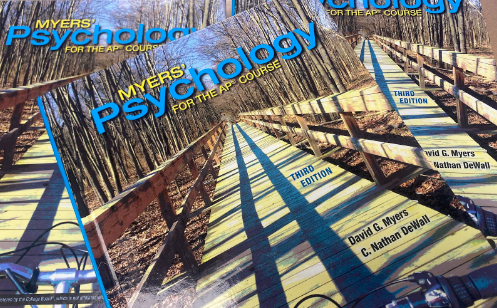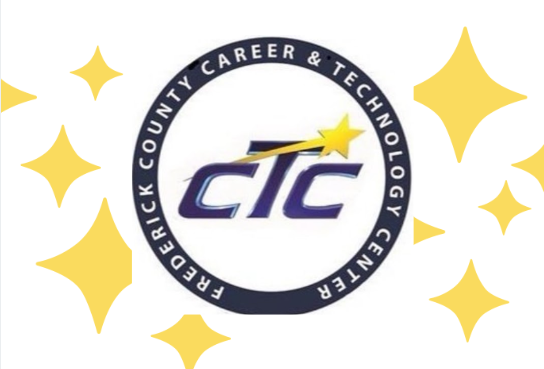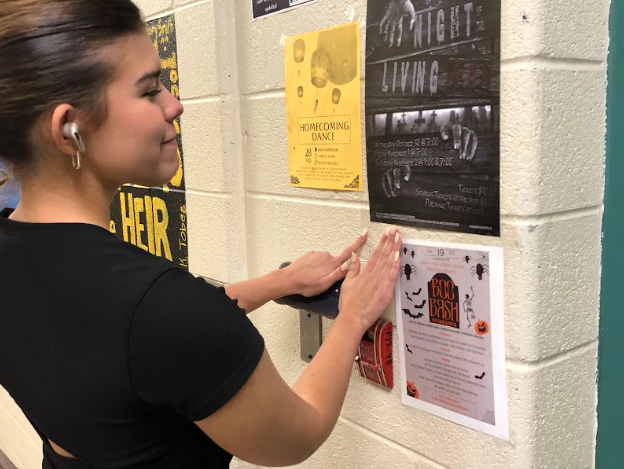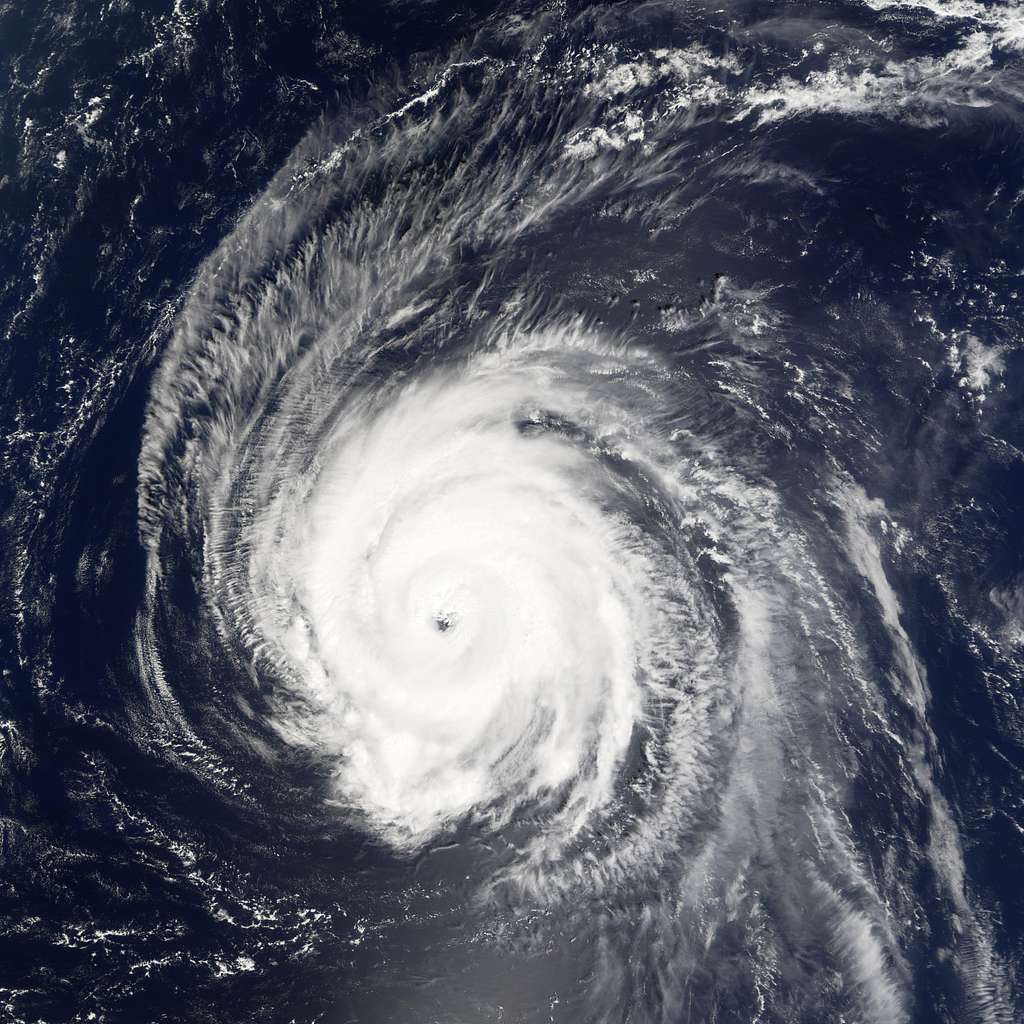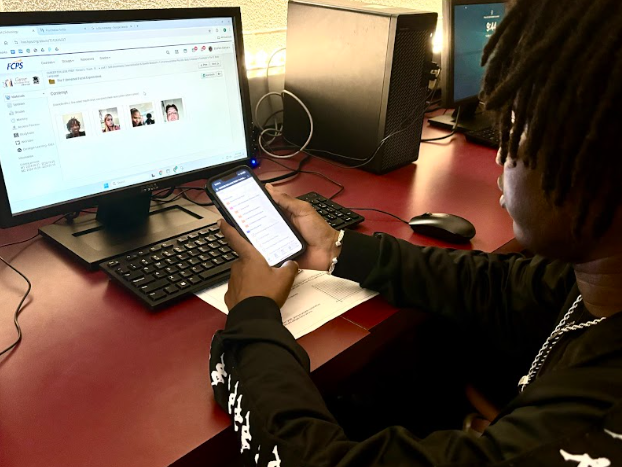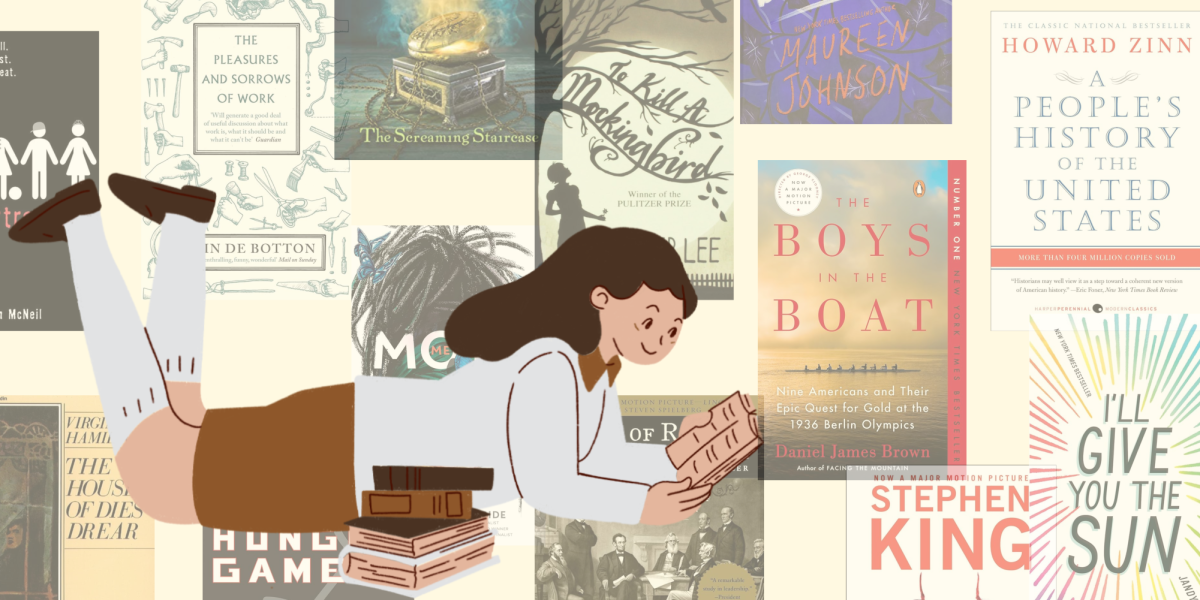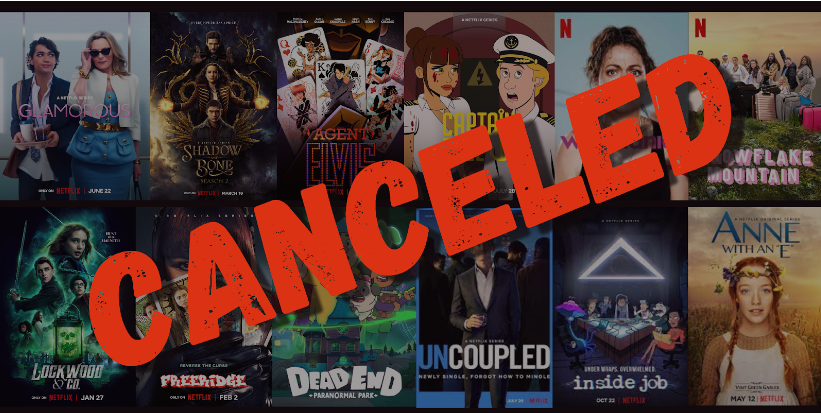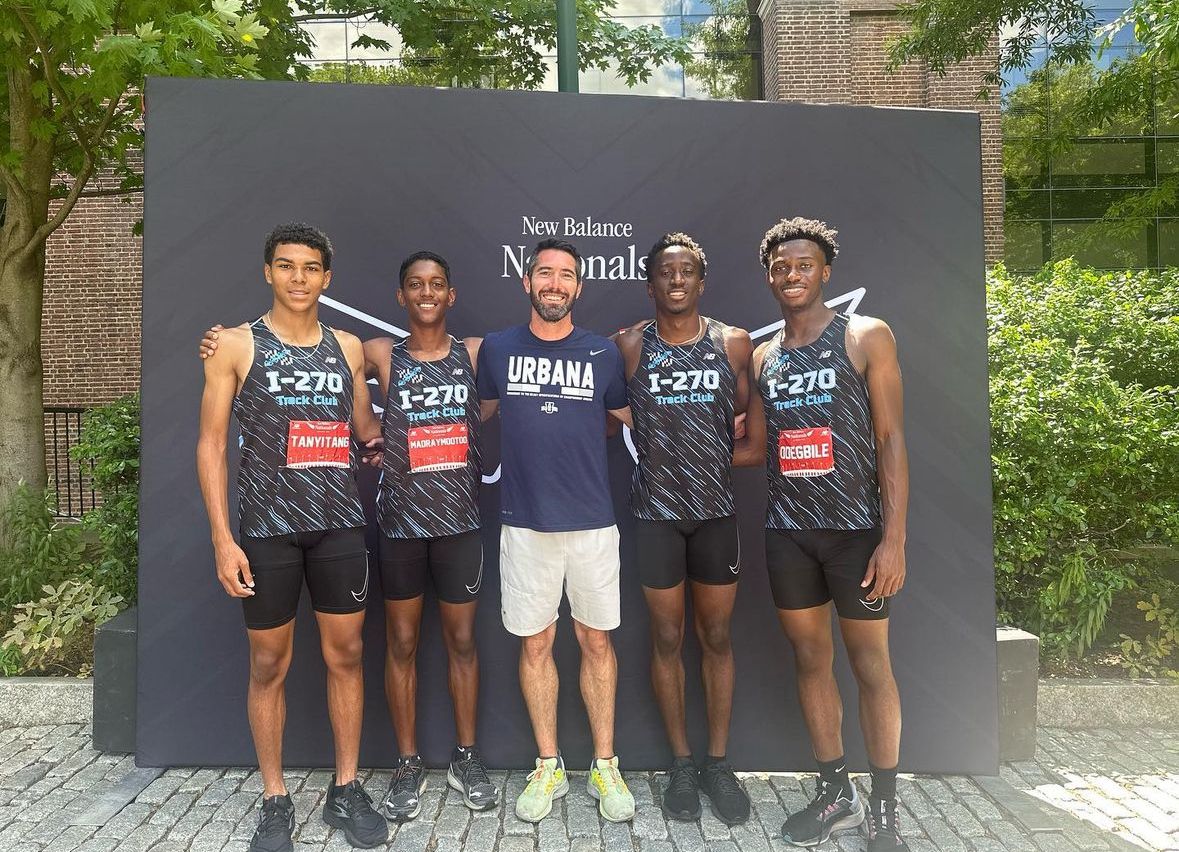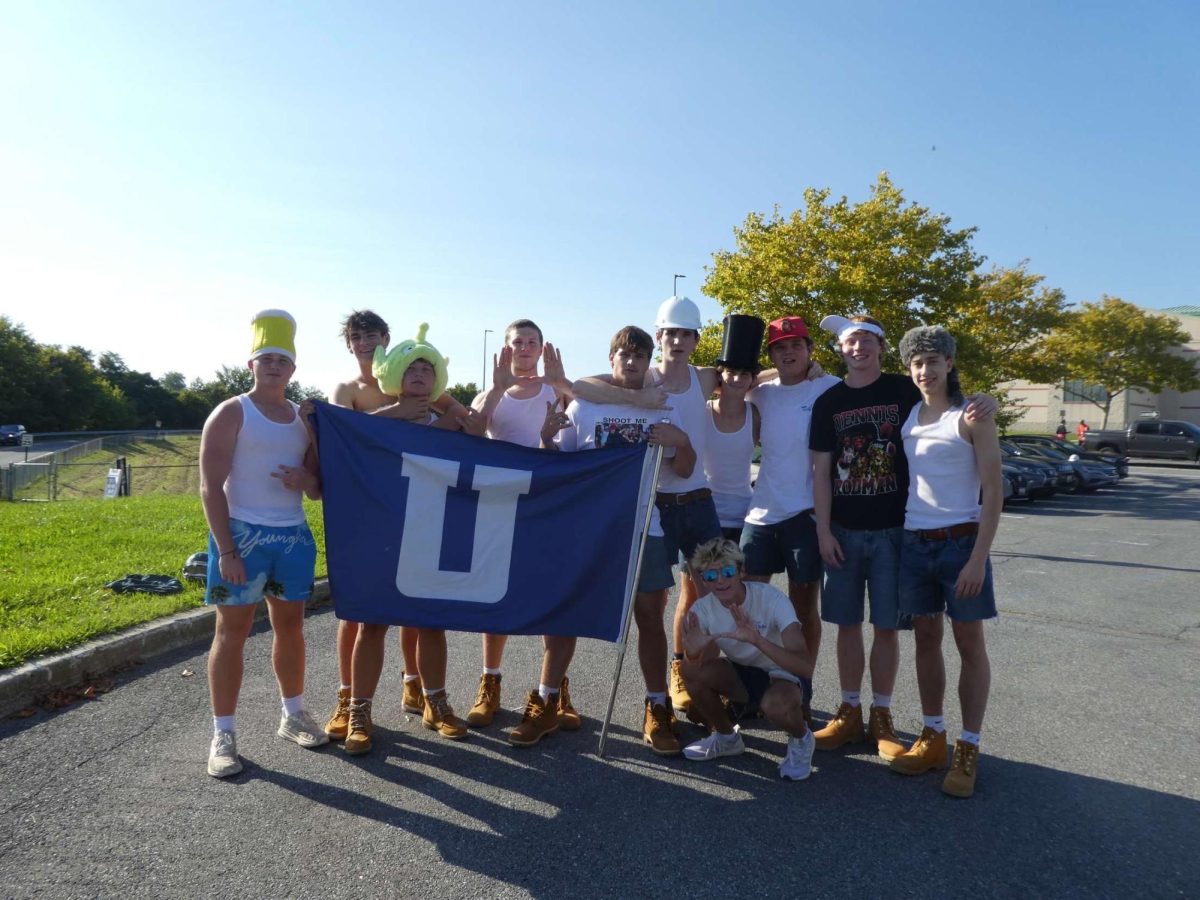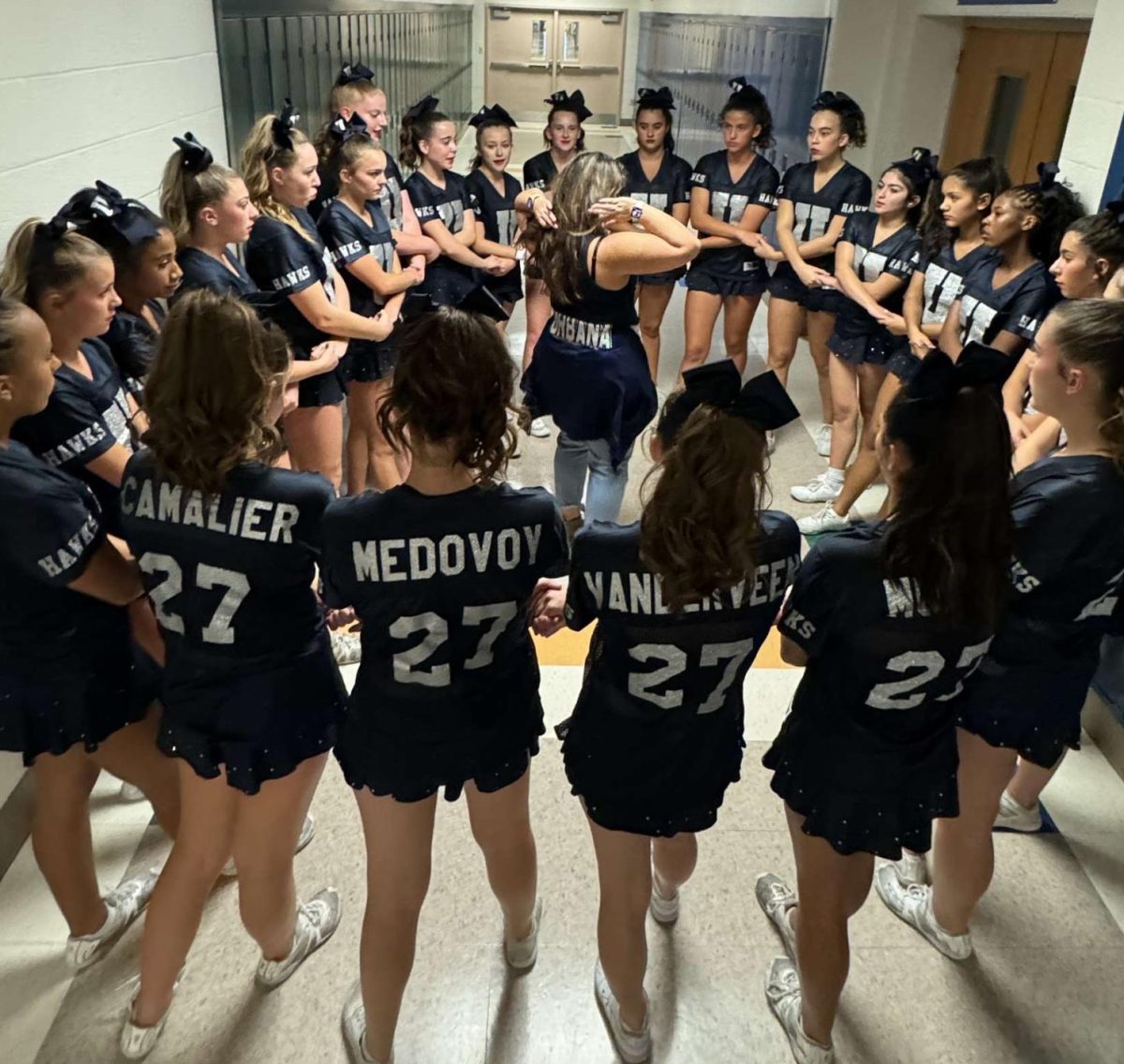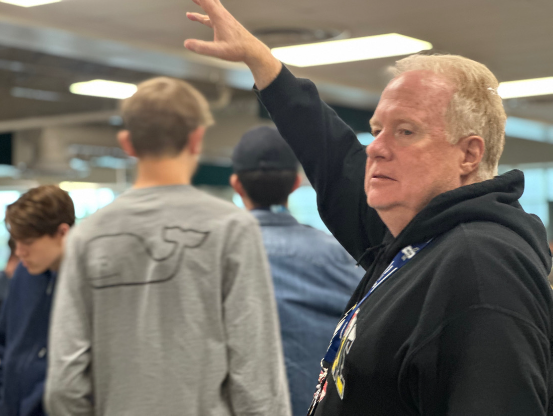Fake News: The Social Epidemic
January 20, 2017
It has happened to all of us. You scroll through the feeds of an app or website in your idle moments, searching for anything to satiate your unoccupied mind. Suddenly, you see a link. Perhaps it catches your eye because it is bolded, or because it has been circulated so many thousands of times, or maybe it’s the headline itself.
The article could tell of the death of a well-loved celebrity, or a horrifying injustice performed by a world government, or maybe just a person somewhere that did something so outrageous that you are compelled to read more about it. However, when your eager fingers click on the link to the full story, suddenly you are transported to a poorly made site, rife with irrelevant pictures, meaningless taglines, and false download buttons for all the prizes it claims you have won.
In this situation, most internet users can determine that the story they originally wanted was fake. But why is this drivel of false facts so common? In an age when nearly all the information a person could ever ask for is sitting at our fingertips, why is so much of it made up? Who is fabricating these, and why? Furthermore, how can we tell if anything we read is truthfully real?
A major cause for the fake news epidemic is how many “news” stories become popular social media sites, as well as how many people believe them. According to Vox News, 44% of internet users say they got at least some of their news from Facebook in 2016. Although it is difficult to measure exactly how many stories are fiction, Vox also states that on Facebook, 40% of political far right wing news and 19% of far left news is “false or misleading”. Sure, there is a disparity between these numbers, but both figures are astronomically high.
Unfortunately, all of this fabricated content can have very real consequences. On December 4, 2016, a man named Edgar Welch drove from his home in North Carolina to Washington DC, where he carried his assault rifle, among other weapons, into a small pizza shop, called Comet Ping Pong, and began investigating the building as terrified customers fled. He fired several times, but luckily no one was injured.
What could possibly be the motive for an action such as this? Perhaps martyrdom, as Welch was under the impression that there were child sex slaves trapped in tunnels under Comet Ping Pong, and that Presidential candidate Hillary Clinton and her employees were keeping them there.
This may seem outlandish, but the fictitious story that compelled Welch, called “Pizzagate,” had been shared across dozens of websites (mostly Reddit and Twitter), tens of thousands of times for months before the incident. There are full web threads dedicated to it, complete with dozens of links to “proof” that claim that while Hillary Clinton was Secretary of State, she was operating a human trafficking ring based under this small, family run pizza shop in DC. These claims have been proven false, which Welch realized when he discovered that there are no tunnels under Comet Ping Pong- there isn’t even a basement.
However, one of the most concerning aspects of the fake news epidemic is that a percentage of it comes from mainstream, trusted sources. In 2005, Newsweek released a story about guards at the US military base in Guantanamo Bay, Cuba. The article claimed that American guards would taunt Muslim prisoners by flushing copies of the Quran, or the Muslim holy text, down the toilet.
This act is seen as heinously religiously offensive, and caused protests and riots throughout the Middle East. The original story was retracted when the allegations against the guards were proven false, but this did not stop the deaths of more than 15 people during anti-American riots in Afghanistan.
No matter whether news is honest or fake, it can have real life influences and effects on the world. In such a media driven time in our nation, information can just as easily lead to destruction as it can inspire great change.
As student journalists, we must be just as careful with our quotes and sources as any paid reporter. As members of society, we must be critical of all that we read, in order to avoid unnecessary conflict and outrage. It is our duty as citizens to stay well informed in this pivotal time in the world, but we must accept the fact that nearly everything in life has some degree of bias. Media, social or mainstream, can be a powerful tool in exacting change. If it is untrue, who has written it does not matter; it can have drastic negative consequences.
Always strive to be more informed. Always use the resources you have access to in order to be sure of what you need to know. Always take a step back and evaluate before you take drastic actions. There is enough unrest in the world; tell the truth, check your facts, and always spread peace instead of hatred.



